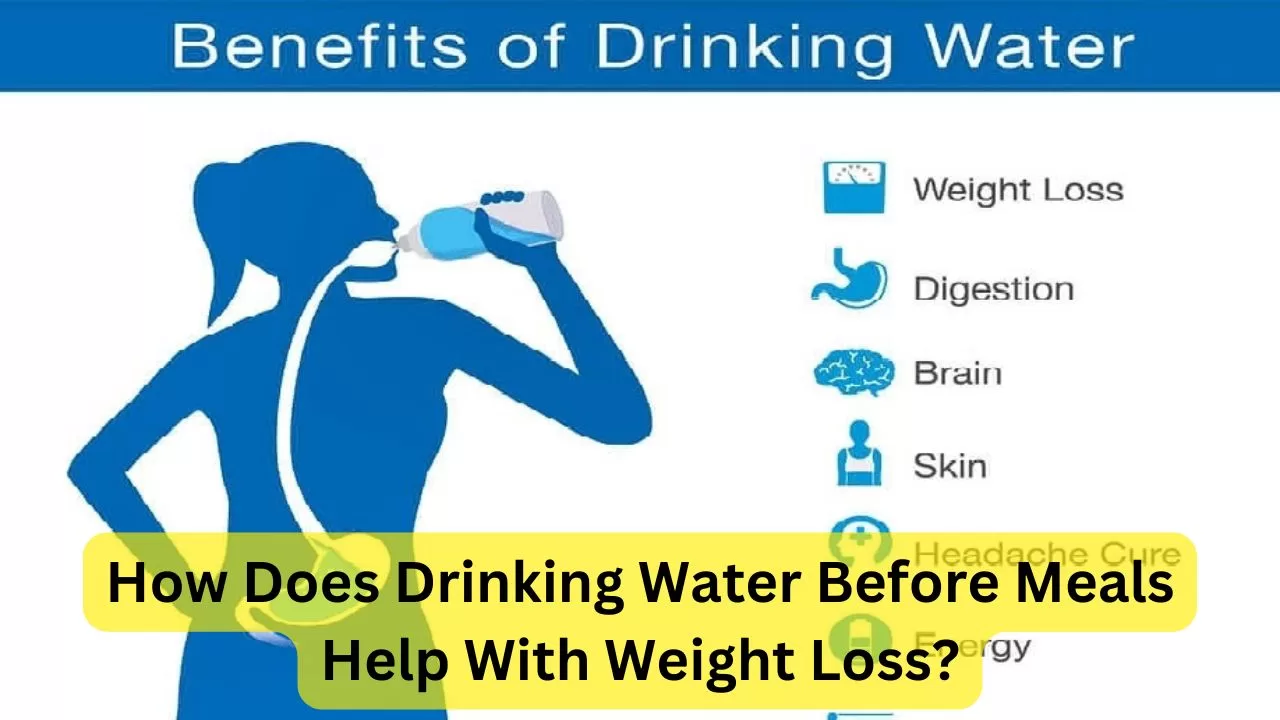The quest for effective weight loss strategies often leads us to simple yet powerful habits, and one of the most effective among them is drinking water before meals. This approach, backed by scientific research and endorsed by nutritionists, offers a natural, affordable, and sustainable way to support weight management. In this article, we delve deep into how drinking water before meals aids weight loss, its underlying mechanisms, and additional tips to maximize its benefits.
The Scientific Basis of Water Consumption and Weight Loss
Water plays a crucial role in almost every bodily function, including digestion, metabolism, and cellular processes. When consumed before meals, water can have specific effects that support weight loss:
1. Promotes Satiety and Reduces Calorie Intake
Drinking water before meals fills up a portion of the stomach, leading to a feeling of fullness. This can significantly reduce the quantity of food consumed during a meal. Studies have shown that individuals who drink water before eating tend to consume fewer calories overall.
2. Boosts Metabolism
Water is a catalyst for metabolic processes. Drinking cold water before meals can temporarily boost metabolism as the body works to bring the water to body temperature. This thermogenic effect, although modest, can contribute to increased calorie burning over time.
3. Improves Digestion
The digestive system runs smoothly when you drink enough water. Drinking water before meals prepares the stomach for better digestion and helps break down food efficiently, preventing bloating and indigestion.
How Drinking Water Curbs Hunger
One common misconception is mistaking thirst for hunger. Often, when we feel hungry, the body is actually signaling for hydration. Drinking a glass of water before a meal can help distinguish between true hunger and thirst, reducing unnecessary calorie intake.
- Hydration and Appetite Control: Dehydration can lead to hormonal imbalances, specifically in ghrelin (the hunger hormone), which may trigger unnecessary cravings. Drinking water helps regulate these hormones, keeping hunger in check.
- Delay Eating With Water: If you feel hungry at an odd hour, drinking water can help delay eating until it’s an appropriate mealtime, reducing the risk of unhealthy snacking.
Benefits of Drinking Water for Overall Health
The advantages of staying hydrated extend beyond weight loss:
1. Enhances Energy Levels
Water is essential for maintaining energy levels. Dehydration can lead to fatigue, making it harder to stick to exercise routines that are crucial for weight loss.
2. Improves Skin Health
As the body’s largest organ, the skin benefits significantly from adequate hydration. Drinking water helps flush out toxins, promoting a healthy and radiant complexion.
3. Supports Kidney Function
Enough drinking of water aids in the kidneys’ improved ability to filter waste, avoiding kidney stones and encouraging total detoxification.
When and How Much Water Should You Drink Before Meals?
Timing and quantity are key factors in maximizing the benefits of drinking water for weight loss.
- Timing: Try to have a glass of water 20 to 30 minutes prior to eating. This gives the body enough time to signal satiety to the brain.
- Quantity: A glass of 8–16 ounces (about 250–500 ml) is sufficient. Drinking too much water just before eating may dilute digestive enzymes, impacting digestion.
Does Water Temperature Matter?
The temperature of the water can influence its effects:
- Cold Water: Promotes a slight metabolic boost as the body warms it up.
- Room Temperature Water: Ideal for digestion and overall hydration.
Choose the temperature that feels most comfortable for you, as consistency in drinking water is more important than the temperature.
Incorporating Water-Drinking Habits Into Your Routine
Forming a habit of drinking water before meals can be easy with a few tips:
- Use Reminders: Set alarms or use apps to remind yourself to drink water before mealtimes.
- Carry a Water Bottle: Always keep a water bottle with you to ensure you’re hydrated throughout the day.
- Flavor Your Water: To add some taste to plain water, add slices of lemon, cucumber, or mint.
Major Myths About Water Usage and Weight Loss
- “Simply drinking water helps you lose a lot of weight.”
While water aids in weight management, it should be combined with a balanced diet and regular exercise for optimal results. - “More water is always better.”
Overhydration, or drinking excessive amounts of water, can lead to an electrolyte imbalance. Stick to the recommended daily intake based on your body’s needs. - “Drinking water before bed helps the weight loss.”
Drinking water before sleeping may disrupt your sleep cycle due to frequent trips to the restroom. Earlier in the day, take consideration to keeping hydrated.
Additional Tips to Enhance Weight Loss With Water
1. Pair Water With Fiber-Rich Foods
Foods high in fiber, such as fruits, vegetables, and whole grains, work synergistically with water to improve digestion and prolong the feeling of fullness.
2. Replace Sugary Beverages With Water
Swapping sodas, juices, and energy drinks for water drastically reduces calorie intake and prevents sugar-related weight gain.
3. Stay Consistent With Hydration
Include drinking water in your everyday activities. Regular hydration not only aids in weight loss but also improves overall health.
Water’s Importance in an All-Inclusive Weight Loss Program
Drinking water before meals is a simple yet effective tool for weight loss. However, it works best when integrated into a holistic weight management plan, including a nutritious diet, regular physical activity, and sufficient sleep. By staying hydrated, you not only support your weight loss goals but also enhance your overall well-being.
Conclusion
Drinking water before meals is a scientifically backed, cost-effective, and practical strategy for weight loss. It helps regulate appetite, boosts metabolism, and promotes better digestion, all of which are essential for maintaining a healthy weight. By adopting this habit and combining it with a balanced lifestyle, you can sustainably achieve your weight loss goals.
